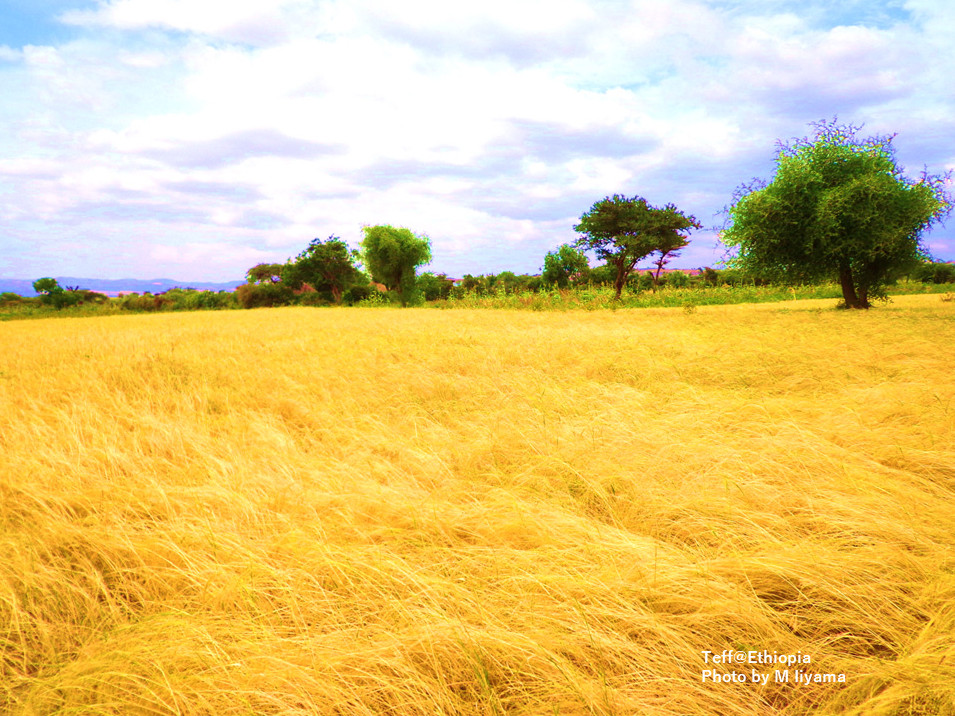Pick Up
877. Seminar: Neglected and Underutilised Plant SpeciesーContributions and potential for sustainable food systems in Sub-Saharan Africa

877. Seminar: Neglected and Underutilised Plant SpeciesーContributions and potential for sustainable food systems in Sub-Saharan Africa
Food security is one of the major sustainability challenges facing Sub-Saharan Africa. However, multiple factors constraint the ability of current agricultural systems to produce food crops at the quantity and yields necessary to cater for the growing food needs of the equally growing population. Agricultural systems in the region are often reliant on few major crops and unimproved production practices. Endemic rural poverty, market underdevelopment for many crops, and restrictive land use and agricultural policies further constraint to boost agricultural productivity, especially for smallholder-based systems. At the same time accelerated climate change and environmental degradation put further challenges on the ability of conventional agricultural systems to deliver the food needed by the region’s rising population. Agronomic improvements, diversification strategies and alternative food production systems can help curb these issues, but there are still major knowledge gaps to overcome.
In this nexus of food security, climate change, rural livelihoods, and environmental sustainability there have been calls to leverage the potential of high-yielding Neglected and Underutilised Plant Species (NUS) that are climate-robust and nutrient-rich. Many NUS such as fonio, teff, pulse crops (e.g. Bambara groundnuts, cowpea) and moringa have been domesticated for many centuries and are important for the provision of food and other materials. Although such crops contribute manifold for the food and material needs, and livelihoods of local communities they play a rather minor role regionally or globally. Furthermore, many NUS tend to be well-adapted to the challenging climatic conditions encountered in the semi-arid parts of Sun-Saharan Africa, which points to their potential as highly promising options to curb food insecurity and rural poverty in the context of climate change.
Due to their multiple benefits and high potential in some challenging regions there have been calls to enhance NUS utilisation. However, there are major gaps associated with their agronomic properties, distribution, uses and impacts that prohibit large-scale breeding and marketing efforts in Sub-Saharan Africa, let alone their wide promotion and adoption.
This Seminar will provide a forum for scientists engaged in NUS research abroad and in Japan to discuss the characteristics, potential and challenges of adopting and utilizing NUS in different African contexts.
Seminar:Neglected and Underutilised Plant Species
– Contributions and potential for sustainable food systems in Sub-Saharan Africa
Date & Time: October 26 (Thu), 2003 14:00-16:00 (JST)
Organizers: Institute for Future Initiatives (IFI), University of Tokyo and Japan International Research Center for Agricultural Sciences (JIRCAS)
Venue:3F Conference Room, Ito International Centre, University of Tokyo (Tokyo) and Online
Event details(External link):https://ifi.u-tokyo.ac.jp/en/event/11986/
Registration(External link):
https://docs.google.com/forms/d/e/1FAIpQLScwpE8KSZTpIUu6-Z1o-pOVtVBkCqh…
Contributors: Papa Saliou SARR (Crop, Livestock and Environment Division), NAKASHIMA Kazuo (Food Program), IIYAMA Miyuki (Information Program)
